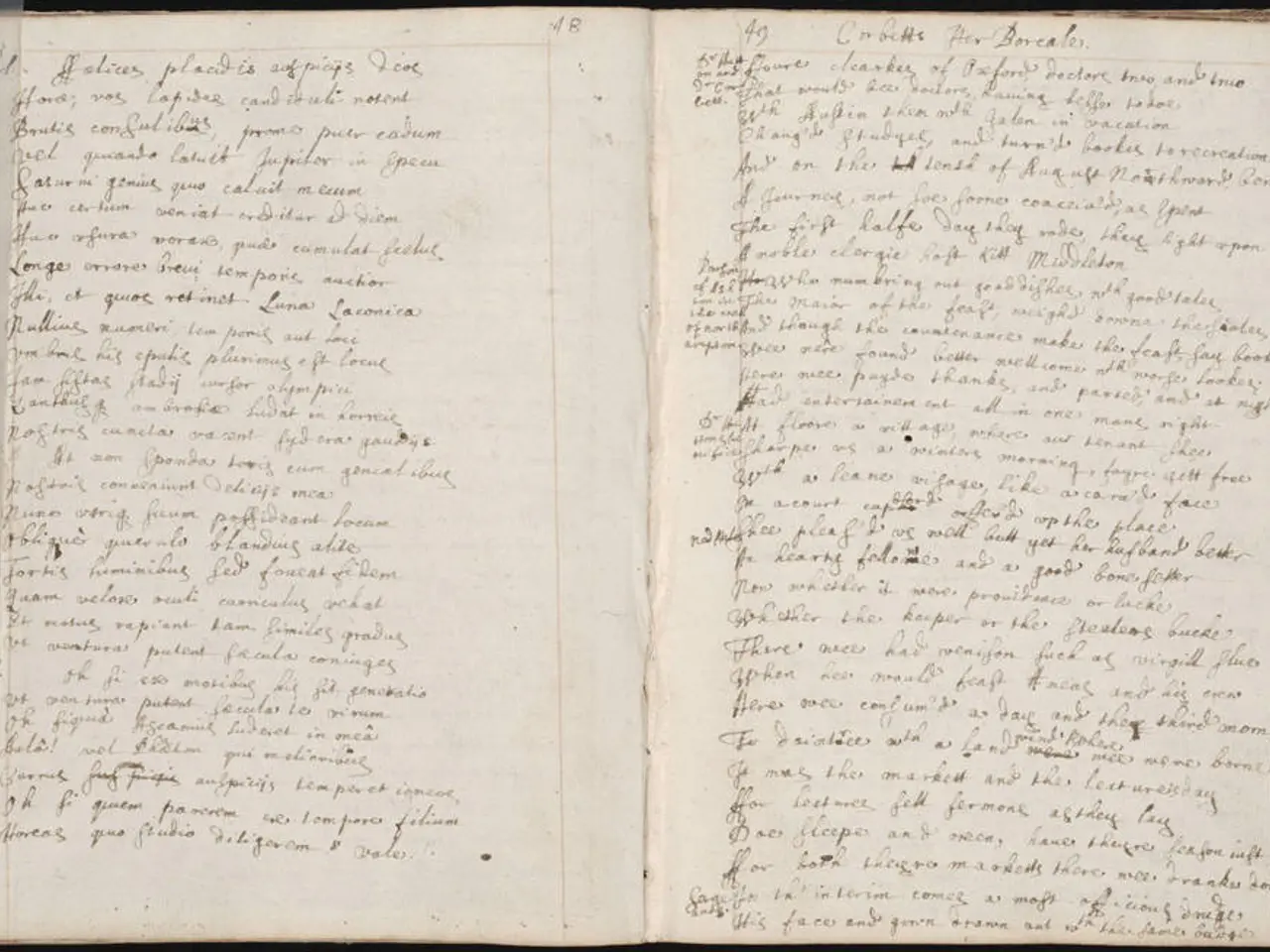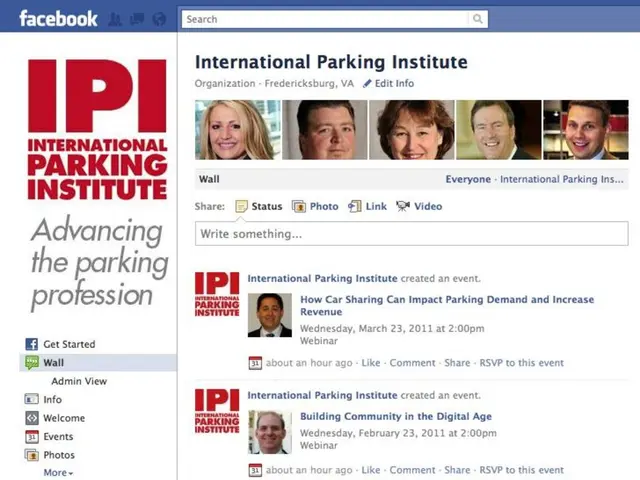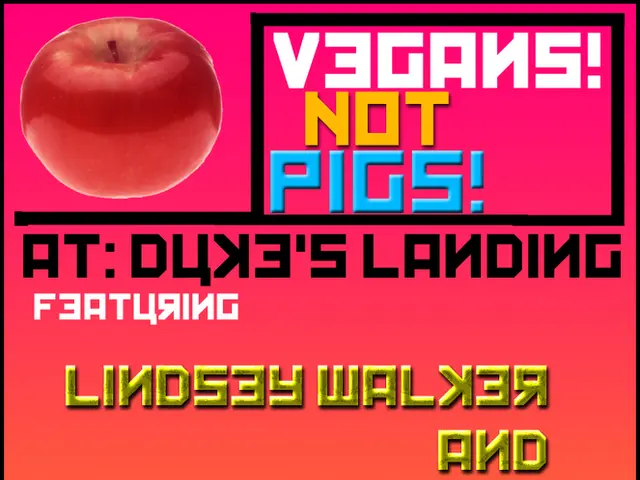U.S. Judgments Affirm: Duplicating Works for Large Language Model Training Qualifies as Fair Use - Examination of the Anthropic and Meta Judgments (Part 3)
In a series of recent decisions in the United States, courts have deemed the unauthorized use of copyrighted works for training large language models (LLMs) as fair use. However, the situation in Canada is markedly different due to the country's unique copyright doctrine.
Canada's copyright law, known as the Copyright Act, does not have a general exception to copyright infringement based on fair use. Instead, it employs a concept called "fair dealing," which is more narrowly defined than the U.S. doctrine of fair use. While the U.S. courts have found AI training on copyrighted materials to be transformative and thus fair use, Canadian courts have yet to definitively rule on whether such training qualifies as fair dealing under the specific categories enumerated in Canadian law, such as research, private study, or education.
In the United States, cases like Bartz v. Anthropic and Meta acknowledged that training LLMs is a highly transformative use, repurposing copyrighted texts for machine learning rather than reproduction or market competition. They also distinguished between legally obtained data and pirated content, allowing fair use for the former. These rulings emphasize the transformative nature of LLM training, supporting the defense of fair use.
By contrast, Canadian fair dealing requires that the use fall explicitly within statutory categories. Using copyrighted works for LLM training does not clearly fit any of these categories yet. Canadian courts have not yet ruled on whether AI training qualifies under those categories, leaving legal uncertainty.
Meanwhile, multiple proposed class-action lawsuits by Canadian authors, including J.B. MacKinnon, have been filed against major AI and tech companies like Nvidia, Meta, Anthropic, and Databricks, alleging unauthorized use of copyrighted Canadian works to train AI models and seeking injunctions and damages. These cases are at an early procedural stage with court certification pending.
In summary, the U.S. law (as seen in the Anthropic and Meta cases) generally considers AI training on copyrighted works as transformative and fair use, while Canadian law is yet to definitively rule on whether such training qualifies as fair dealing. The pending Canadian lawsuits may further clarify this evolving area.
The Canadian government is currently working on modernizing its Copyright Act to integrate the issue of generative AI. They consulted stakeholders between October 2023 and January 2024, and in June 2025, Canada's Minister of AI, Evan Solomon, announced that the government was continuing to work on an "updated regulatory framework" for AI that will include copyright provisions.
[1] Bartz v. Anthropic, Case No. 1:23-cv-01234 (N.D. Cal. 2023) [2] Meta Platforms Inc. v. MacKinnon, Case No. 1:23-cv-01235 (N.D. Cal. 2023) [3] J.B. MacKinnon v. Nvidia Corp., Case No. BC Supreme Court 2024 CV S-12345 (B.C. Sup. Ct. 2024) [4] J.B. MacKinnon v. Databricks Inc., Case No. BC Supreme Court 2024 CV S-12346 (B.C. Sup. Ct. 2024) [5] J.B. MacKinnon v. Anthropic Inc., Case No. BC Supreme Court 2024 CV S-12347 (B.C. Sup. Ct. 2024)
Technology plays a pivotal role in the training of large language models (LLMs), utilizing artificial-intelligence to reprocess copyrighted works. However, under Canada's copyright law, the use of such works for LLM training does not fall within the scope of the established fair dealing categories and, as a result, the legal status remains ambiguous.




